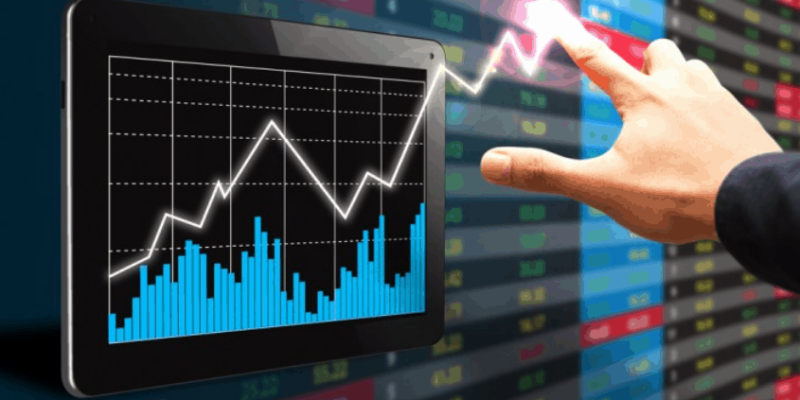What comes to mind when you hear “stock trading?” Most likely, people will visualise images of Wall Street or possibly favourite stocks like Apple Inc., Microsoft and Exxon Mobil. However, few people understand what c is, let alone how it works.
How often do you see someone say on Twitter that they bought Facebook Inc.? If you’ve never bought a share of Facebook before, then this might be confusing to you. Stocks are not simply traded on the market; instead, there’s a clear difference between stock trading and investing.
Investing is essentially becoming part of a business for a long time, expecting that the investment will generate a positive return. On the other hand, trading is buying and selling stocks frequently to expect there will be short-term gains.
What is investing?
Long-term investing seems like it would require a lot of research into companies to determine whether you are making a good investment. While this is true, there are many ways to reduce the amount of research needed on individual companies. For example, you could invest in an index fund (or mutual fund) which invests in hundreds or even thousands of stocks at once. It would result in increased diversification and reduced risk because you are not putting all your eggs into one basket.
Another great way to make sound investments is by learning how to use technical analysis tools. It’s based entirely on historical data. Consequently, someone who has never used it before can look at a chart for five minutes. Learn what each line means and immediately know whether they should buy or sell their stock. Technical analysis can be done in any time frame, from one minute up to a year.
What is stock trading?
Stock trading has become very popular over the last few years as traders enter High-Frequency Trading (HFT). They essentially make trades at lightning speeds to exploit tiny price discrepancies across multiple stock exchanges to turn a quick profit. Unfortunately, due to the rise of HFT and day traders gambling their money on penny stocks, many novice stock traders have lost hundreds if not thousands of dollars due to bad investing decisions. For trading information, you can visit company website.
You need to learn about risk management—especially if you are going to make trading your profession. Risk management is essential in mitigating losses when trading and investing because even the best traders will have losing trades every once in a while. To mitigate losses, traders usually set stop-loss orders that execute when their trade goes against them by a certain percentage or amount of money. Traders can also use hedging techniques like selling stocks from other companies in the same industry as the one they are currently trading with when their current stock falls too much out of favour.
What is the difference?
There’s a clear difference between stock trading and investing. Trading involves short-term gains and usually requires much work while investing involves long-term gains and generates income passively without much effort.
- Investing is passive while trading is active.
- Investing takes time to generate returns, while trading has no such requirement.
- Trading takes more skill than investing, but it still requires the trader to learn about risk management if they get into a bad trade.
- While many traders claim that you can become wealthy using only day trading, you should not believe them. Because they promote their agenda, which may conflict with your best interest as a trader.
- Many traders have lost loads of money due to bad investment decisions. Still, if you learn about technical analysis and risk management. Provided they’re executed correctly – hopefully, you can avoid doing the same thing.
In conclusion
To be successful in the stock market, you need to understand all aspects of investing and trading. From using research tools like TradingView to when you should use stop-loss orders in your trades. Make sure you analyze the stocks before investing. By increasing your technical analysis knowledge and properly managing your risk, you should maximise your positive returns.

